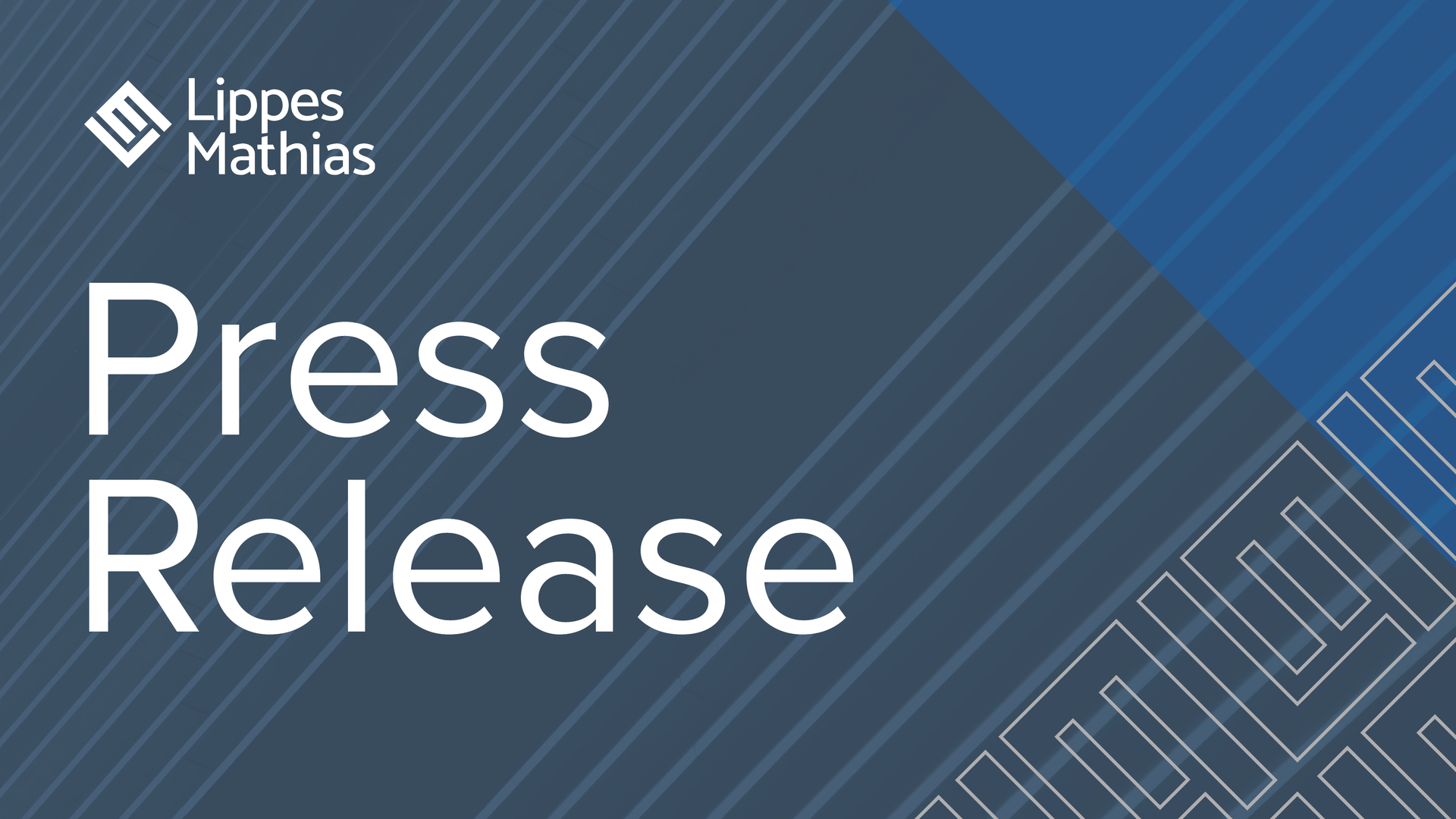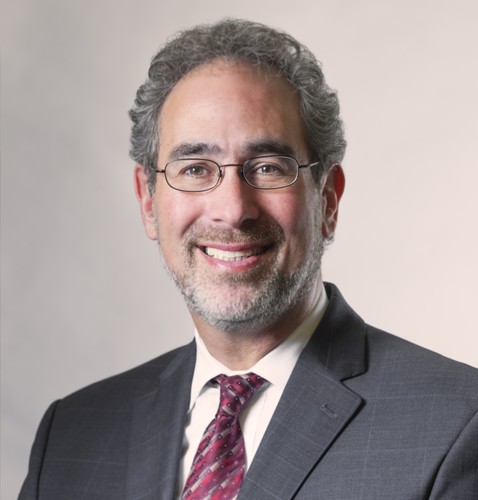Notarization of Estate Planning Documents Using Audio-Visual Technology
March 23, 2020 |
Client Alerts
The COVID-19 pandemic has created a need for social distancing, and consequently, has created substantial obstacles for clients who need to meet with legal counsel in-person to execute their legal documents. In an attempt to mitigate this issue, on March 19, 2020, New York State Governor Andrew M. Cuomo issued Executive Order Number 202.7 (hereinafter referred to as the “Order”) allowing any notarial act required by New York law to be conducted by and through the use of audio-video technology (e.g., Skype, Facetime, Starleaf, etc.).
Among other requirements, New York law requires a notary acknowledgment of signatures on certain estate planning documents, such as wills and trusts. Pursuant to Governor Cuomo’s Order, as long as certain criteria are met, estate planning documents requiring a notary acknowledgment can be executed remotely via audio-video technology.
The Order requires:
- if not personally known to the notary, the person seeking notarial services must present a valid photo identification during the conference--and not before or after the conference;
- the video conference must allow for direct interaction between the person and the notary (the Order explicitly excludes “pre-recorded videos of the person signing”);
- the person seeking notarial services must affirmatively represent that he or she is physically situated in New York State;
- the person seeking notarial services must transmit by fax or electronic means a legible copy of the signed document directly to the notary on the same date it was signed; and
- the original signed document is received by the notary within 30 days of the notarization of the electronic copy, and the notary is then required to repeat a notarization of the original document.
This temporary bypass to the standard notary rules enables Lippes Mathias to continue serving its clients in their estate planning needs during this time.
Of note, New York law requires two disinterested persons to witness the execution of wills and trusts. This Order only provides guidance on the remote notarization and is silent as to the aforementioned witness requirement. Thus, if the execution of a will or trust can only be accomplished remotely, it is advisable to re-conduct the will or trust execution ceremony in person as soon as that option becomes available.
The Order is effective through April 18, 2020.
Related Team
Related Content

In The news
Lippes Mathias Partner Promotions Highlighted in Buffalo Business First Article, "New year, new partners at Buffalo's top five legal firms"
January 9, 2024


Events
Trusts & Estates Seminar | Thursday, March 21 | 1:30pm-6:00pm
January 8, 2024


Press Releases
Lippes Mathias Promotes 21 Attorneys Across its National Footprint
December 20, 2023


Press Releases
Upstate New York Super Lawyers 2023 Honors 45 Lippes Mathias Attorneys
August 29, 2023

TAGS
COVID-19 TRUSTS & ESTATES
PRACTICE TEAMS
TRUSTS & ESTATES




